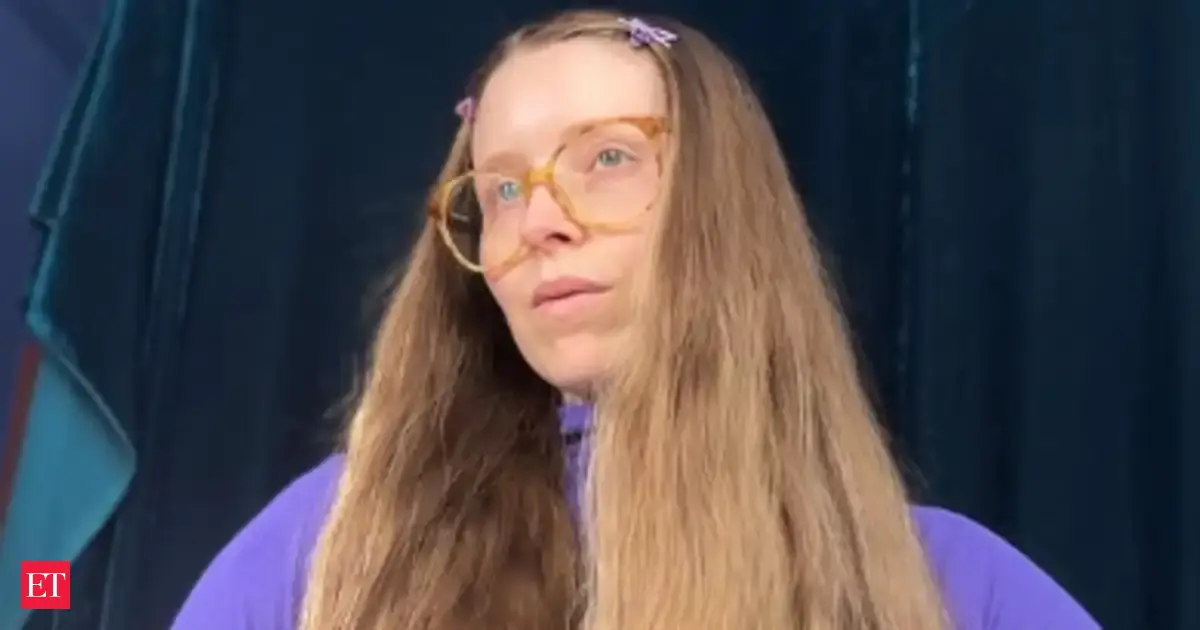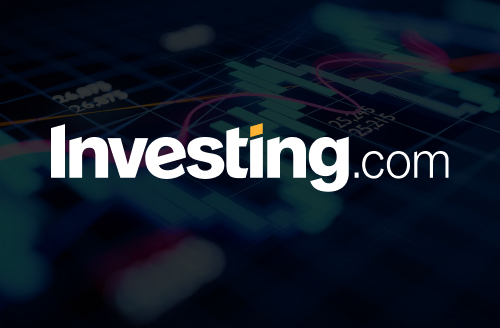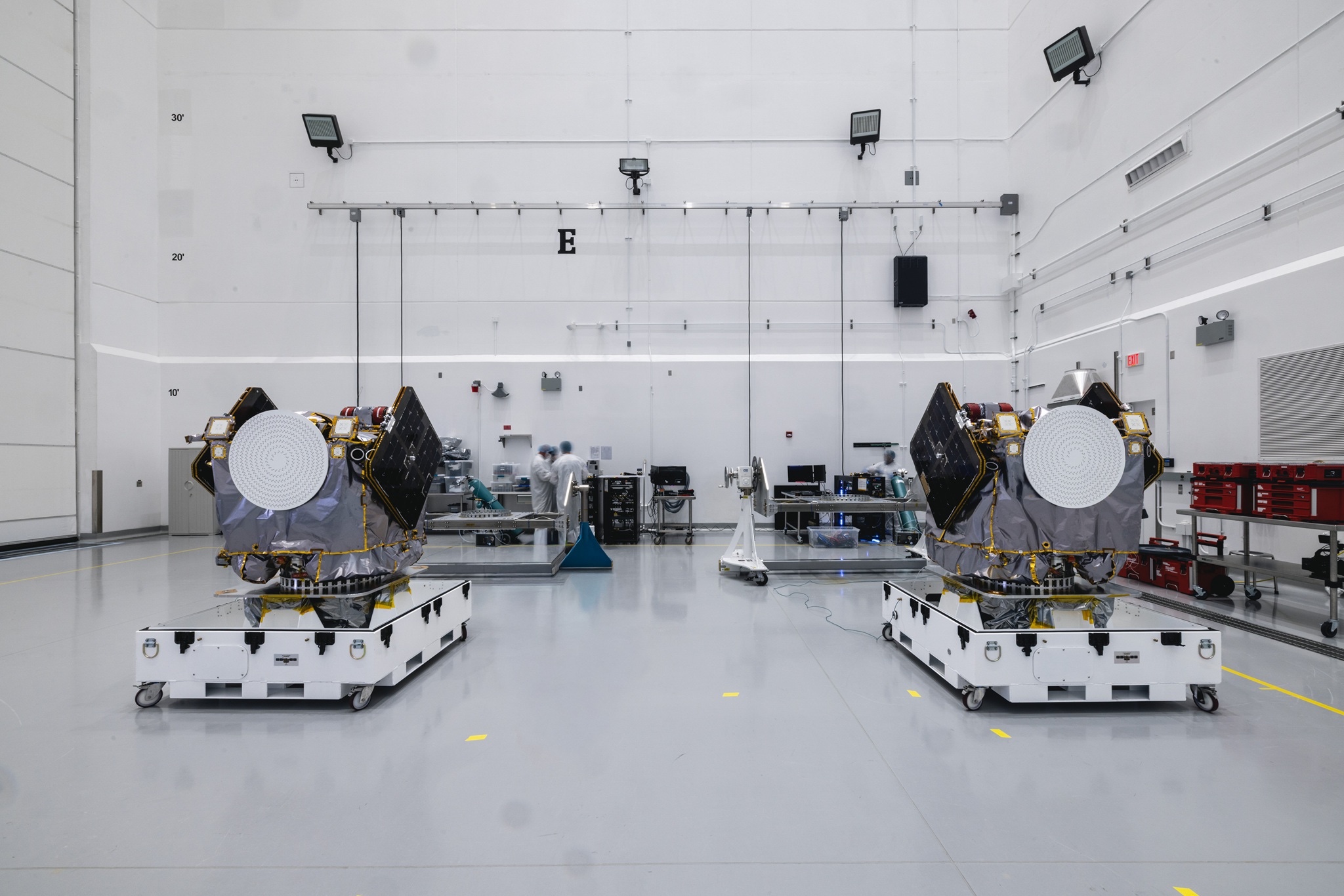Kevin O’Leary Says Artificial Intelligence Is Creating Better Jobs, Not Destroying Them: ‘If AI Can Flip Burgers, That’s A Good Thing’

Over the weekend, Kevin O’Leary pushed back against fears that artificial intelligence will wipe out jobs, calling it a tool for higher productivity and better opportunities — even as new research warns that entry-level hiring is shrinking in the age of AI.
O’Leary Praises AI As A Tool For Productivity
The “Shark Tank” investor shared a video on X, formerly Twitter, while writing, “AI isn’t destroying jobs, it’s creating better ones.”
He went on to add, “Over 50 of my companies use it to cut costs and boost productivity. Even my watch insurance business issues policies in nine seconds thanks to AI. This is just the beginning.”
In the video, O’Leary said AI eliminates repetitive work, freeing people to pursue higher-paying opportunities.
“If AI can flip burgers, that’s a good thing. It leaves people free to explore and educate themselves into higher levels of job creation,” he said.
He compared AI to past technological shifts, arguing it is more of a tool than a threat.
“When television came, they said radio would be dead. That never happened. It’s the same with AI,” O’Leary said.
See Also: Intel Wraps Up Altera Stake Sale In Bid To Streamline Business
Stanford Study Shows Hiring Drop For Young Workers
But the latest research paints a more complicated picture. A Stanford University study found that generative AI has driven a 13% relative decline in hiring for early-career workers aged 22–25 in fields like software engineering that are highly exposed to automation.
According to the report, hiring for younger employees fell by 6% from late 2022 through July 2025, while older workers in less-exposed fields actually saw a 6% to 9% increase.
The study concluded that the widespread adoption of generative AI tools coincided with shrinking opportunities for new graduates.
Entry-Level Jobs Vanish In AI Economy
Other data reinforces those concerns. The New York Federal Reserve reported that the unemployment rate for recent college graduates rose to 4.8% in June 2025, above the national average of 4.0%.
A Cengage Group survey found that 75% of employers plan to hire the same or fewer entry-level workers this year, with nearly half citing AI as a key reason.
The U.S. Bureau of Labor Statistics estimates that jobs most at risk of automation include fast food workers, retail salespeople and cashiers.
By contrast, roles requiring creativity, social interaction and domain expertise — such as journalism, healthcare and specialized technical work — remain less vulnerable.
The Debate Over AI’s Impact On Work
O’Leary’s optimism echoes views from Palantir Technologies (NASDAQ: PLTR) CTO Shyam Sankar, who said AI makes workers “50 times more productive.”
But others, including Nvidia Corporation (NASDAQ: NVDA) CEO Jensen Huang and ARK Invest’s Cathie Wood, have warned that the disruption to entry-level positions could trigger long-term structural challenges in the labor market.
Read Next:
Cathie Wood Dumps Palantir As Stock Touches Peak Prices, Bails On Soaring Flying-Taxi Maker Archer Aviation
Photo Courtesy: Kathy Hutchins on Shutterstock.com



